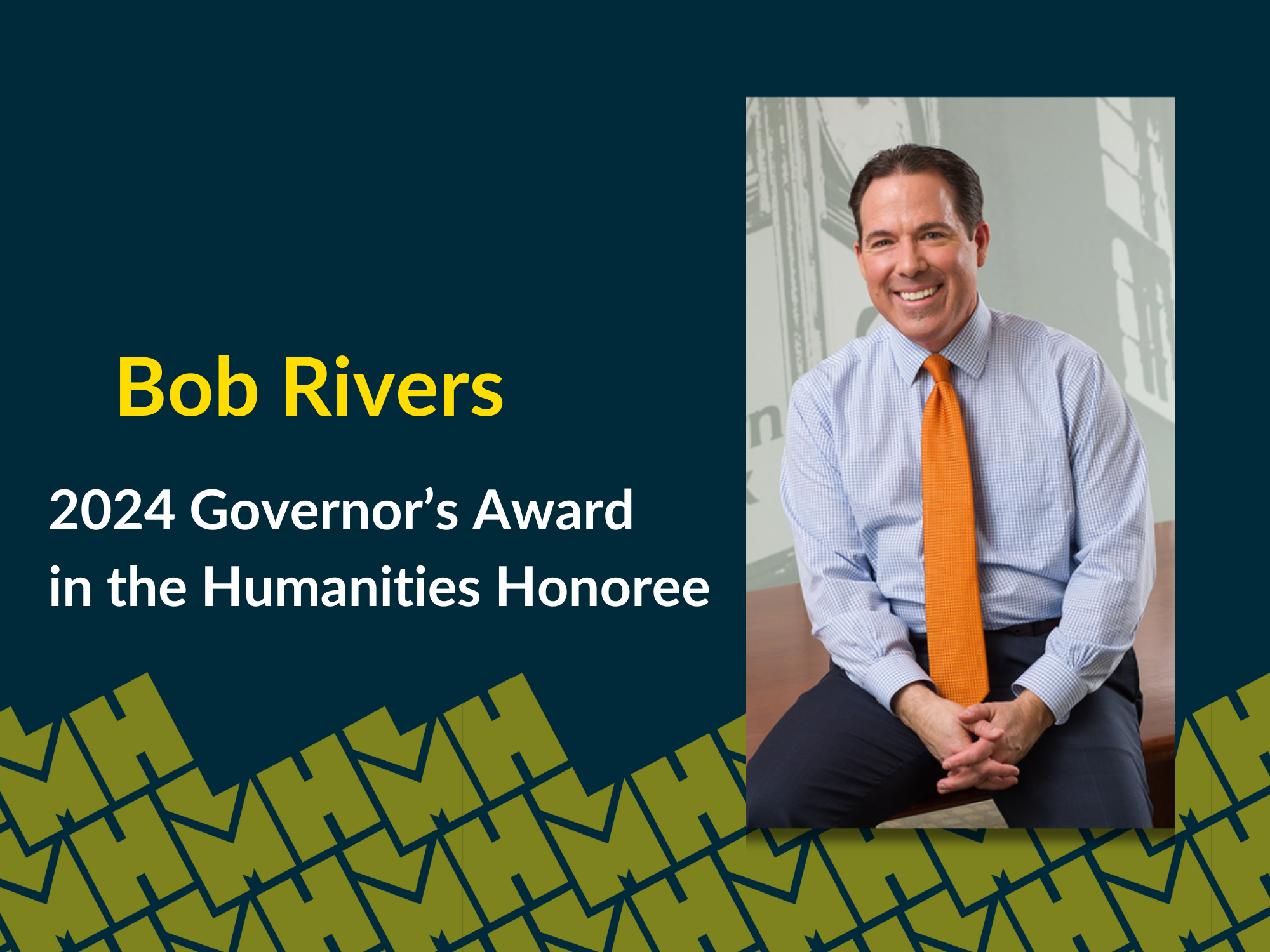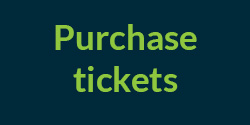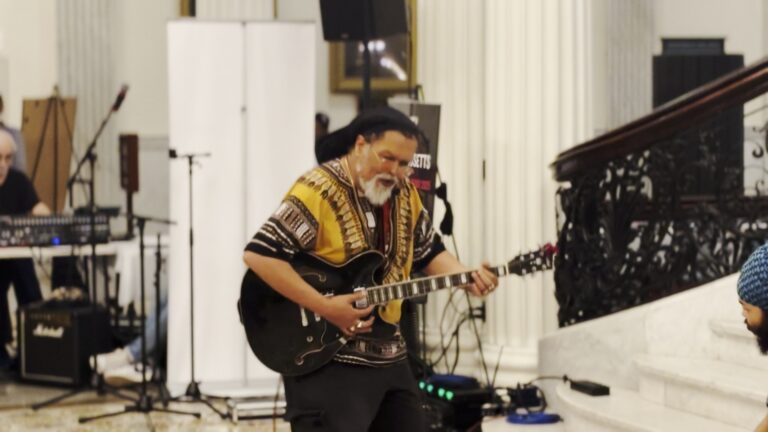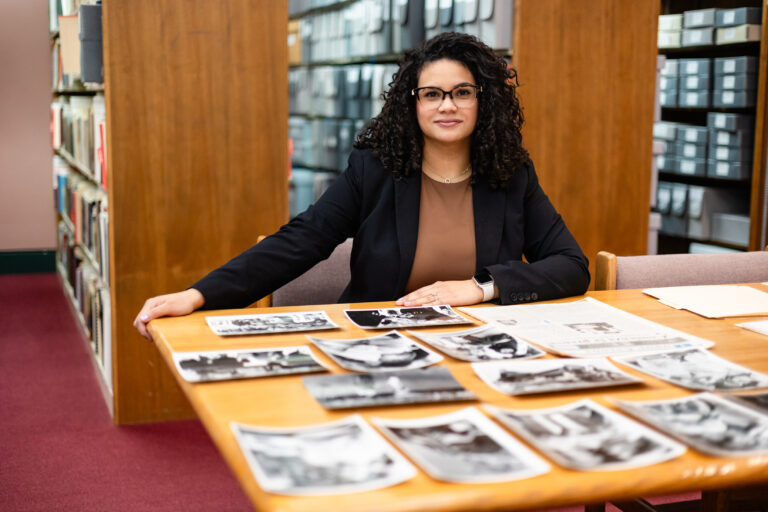Bob Rivers is well established in the Greater Boston business community. For the last 18 years, the Stoughton native has held several leadership roles at Eastern Bank, including his current roles as Executive Chair and Chair of the Board of Directors, during which the bank and its charitable foundation have almost tripled in size. But, in Massachusetts’ nonprofit sectors, Rivers is equally known for his deep commitment to social and economic justice. From creating innovative economic development programs, to advocating for LGBTQ+ and racial equity, Rivers has transformed Eastern into an exemplar of corporate social responsibility. This year, he is one of four individuals being honored with the Governor’s Award in the Humanities.
Executive Director Brian Boyles recently met with Rivers at Eastern Bank’s headquarters in downtown Boston for an afternoon conversation. They discussed, among many things, where the city and the Commonwealth currently are—and where they’re headed.
This interview has been edited and condensed.
Social justice advocates often have an origin story–an experience that motivated them to begin working for change. Where does it start for you?
I wasn’t born a social justice warrior, per se. I became aware later in my life that I was named after the late Senator Robert F. Kennedy. When my older brother, John (named after my father), died shortly after he was born, it was around the same time that John and Jackie Kennedy lost their son Patrick, also just days after his birth, followed by President Kennedy’s assassination about a year later. When I was born the following year in September, 1964, my mother was very moved by how Bob Kennedy grieved his older brother and decided to name me after him (Robert Francis). Upon learning this, I started to read a lot about Senator Kennedy’s life and his commitment to social and economic justice following his brother’s murder which began to have a profound effect on my thinking.
However, it wasn’t until about 20 years later that I became motivated to do something to help address the social injustices. Following our divorce, my ex-wife began to identify as queer. Witnessing the struggles she experienced expressing her whole self, particularly with those closest to her, was heart-breaking and infuriating. At that point, my understanding of various forms of hate and discrimination in our society went from my head to my heart, fueling the passion I have for this work that continues today.
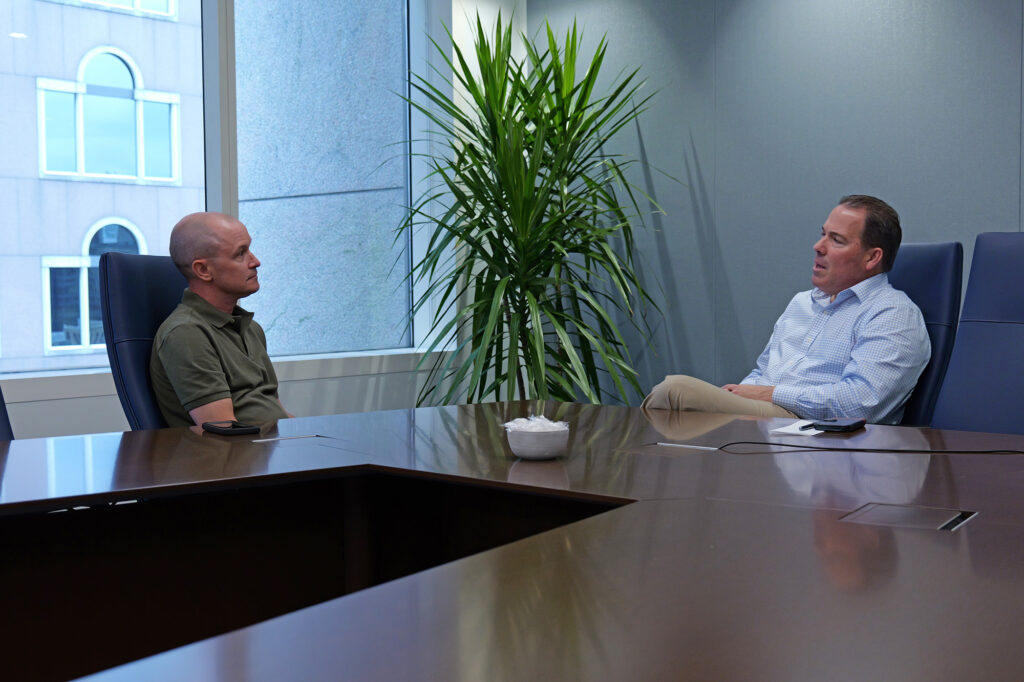
Our board president Yves Salomon-Fernández has remarked that you have a reputation for being in rooms where people wouldn’t necessarily expect to see you. Can you elaborate?
Boston is a really small town. That’s one of it’s best attributes. You can build critical mass in terms of connections pretty quickly if you’re deliberate and intentional about it. However, it’s a very provincial area that’s not naturally welcoming to outsiders. You have to prove yourself. As a result, I decided to reach out to communities that might feel the same way—communities of color, the LGBTQ+ community, anyone who was outside the power structure. I realized doing this was a great opportunity for me to learn that would also benefit Eastern. And it was different than what others were doing. People in my position typically engage in the same organizations and attend the same events. Ultimately, my path to “influence” in more traditional settings was the result of time spent in other communities and the many relationships I’ve developed in that journey that continue to offer the best advice and insights that I receive to this day.
Social responsibility is a key pillar of Eastern Bank’s operations and its reputation. Can you explain how you approach this facet of business?
The only way I can do this [social justice] work is to better understand what work needs to be done. Who are those negatively impacted, and how and why? Who are the individuals and organizations that are most effective in addressing these issues? What is the best way to support their work and partner with them?
I came back to Boston to help lead Eastern, but that’s not what most excited me. It was Eastern’s long commitment to community. That’s why I often refer to Eastern Bank as a “social enterprise wrapped in a financial services company.” If you know about our over 200-year history, that’s why we were founded and what I wanted to further activate.
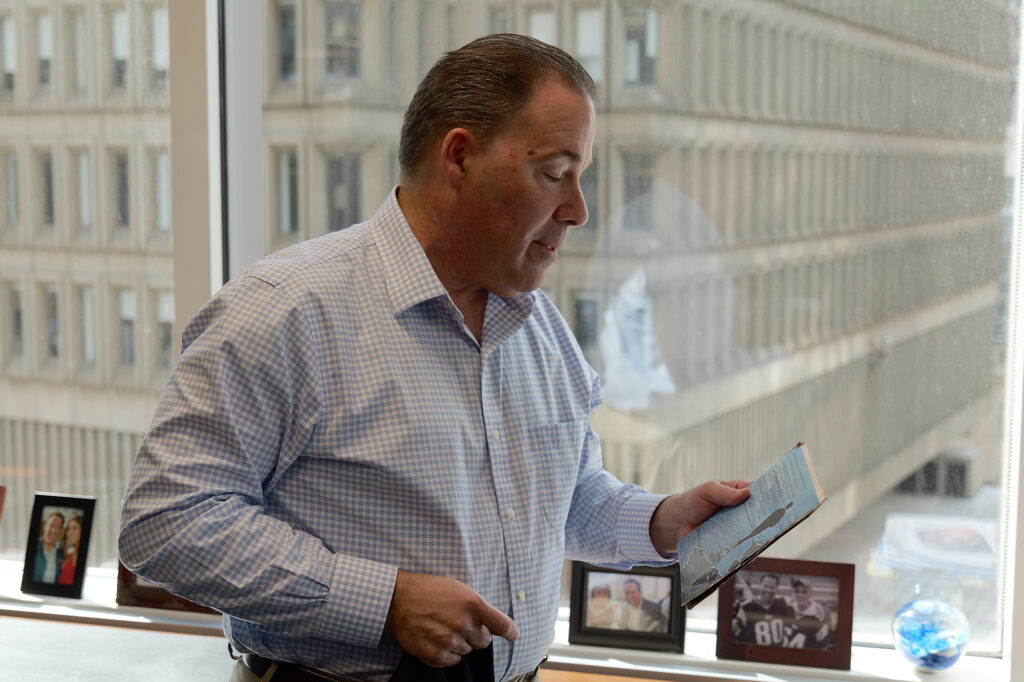
Tell us about the business atmosphere of today’s Boston. What are some of the challenges the city is facing?
I worry about the Greater Boston business community being “hollowed out”. We’re not the headquarters town we used to be. Regional presidents, managing partners, division heads—so many of them have an incredible willingness to engage. But they don’t have the license from their company to do that fully and therefore, they don’t have access to the necessary resources either. There are others who run their own companies, that have lots of agency and resources, but they don’t have the interest to engage locally in a significant way, in many cases, because they’re not just doing business here in Massachusetts anymore. They’re spread in other places that they’ve got to attend to, and at times the political and social climate in those places compromise actions they might otherwise take here.
Recently, we lost one of the greatest corporate leaders we’ve ever had, Jack Connors. He was extraordinary, but unfortunately he represents a dying breed. I can’t think of anyone in his wake that can hold up that standard today. As a business community, we need more people like Jack, those with not only agency and resources, but also a tremendous will to make Greater Boston better.
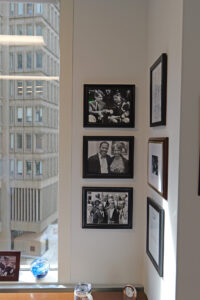
How do you envision the “new Boston”?
The new Boston is thankfully emerging in several ways all the time, whether it be in our government, non-profit, or private sector leadership. That’s the opportunity we saw years ago in reshaping our board and our leadership team to better represent the communities we serve. We were relatively early compared with other companies in recognizing that the power was shifting throughout America, and that we needed to better understand diverse communities and embrace them as a matter of talent, innovation, and improved business performance.
At the moment, the new Boston is being transformed by the office real estate crisis. Although it is a very painful transition, I believe it’s going to make Boston an even more vibrant and liveable city, characterized by a much greater amount of more affordable housing that will in turn reverse the fortunes of the office buildings that remain, with more people walking and biking to work as opposed to congesting our roadways and our atmosphere by driving.
The state is battling a brain drain. What would you tell someone considering a move to Massachusetts?
Massachusetts, for all of our competitive weaknesses right now, has many strengths. Our cultural vibrancy is extraordinary – everything from our long history to our exciting future. We are the center for intellectual capital in the nation. If you want to be in an environment that is energizing, that’s expansive in its thinking, that’s truly progressive, and a safe place to live, work, and raise a family, you can be in no better place in the country than Massachusetts. We need to build more affordable housing, fix our transportation system, and preserve our nation-leading educational standards, and I believe we will.

